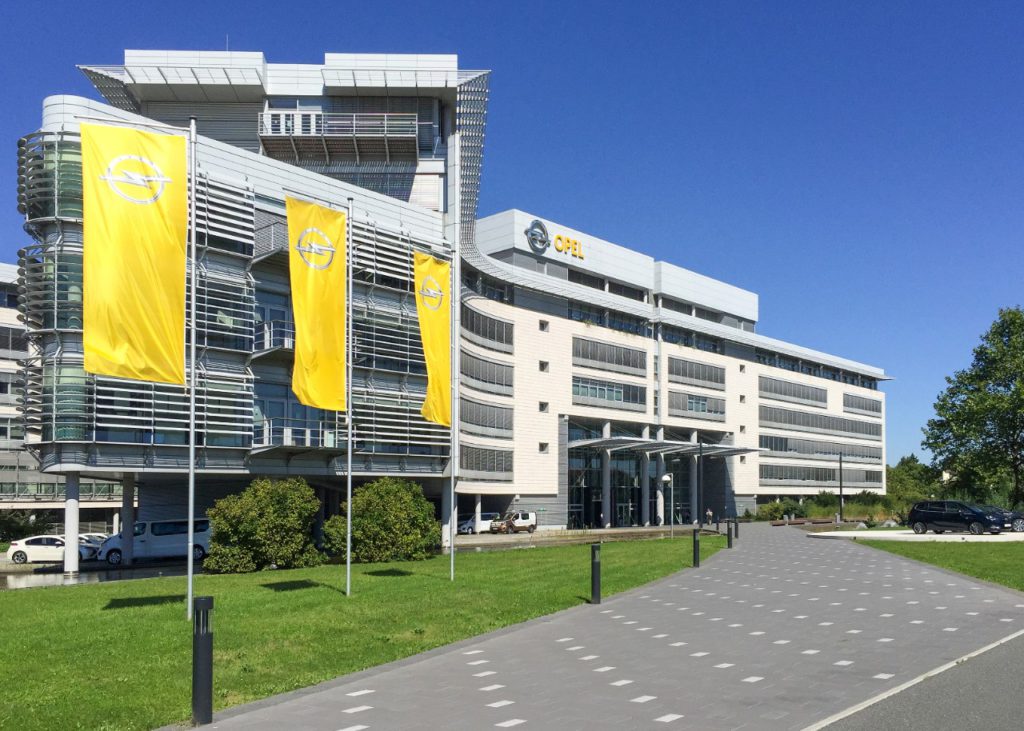Opel facilities raided and recall issued in emissions cheating probe
17 October 2018

17 October 2018
German prosecutors have searched Opel’s Ruesselsheim and Kaiserslautern facilities as part of a probe into potential diesel-emissions cheating.
As a result of the raid, Germany’s Federal Motor Transport Authority (KBA) has ordered the carmaker to recall 100,000 vehicles, including Cascada, Insignia and Zafira models. The authority has said that illegal ′defeat devices’ were discovered in Opel cars earlier this year.
In a statement, posted on Twitter, Opel confirmed the investigations at its site as part of preliminary proceedings on emissions. ′We cannot comment on details concerning the ongoing investigation at this moment in time,’ it said. ′The company is fully cooperating with the authorities. Opel reaffirms that its vehicles comply with the applicable regulations.’
PSA Group, which acquired the Opel and Vauxhall brands in 2017, has yet to comment. The models to be recalled were developed under the company’s General Motors ownership.
The KBA found four software programs capable of altering vehicle emissions in 2015 and ordered Opel to implement a software update in cars to remove them, the country’s Transport Ministry said in a statement.
′After a fifth software device was discovered in early 2018, which KBA found to be illegal, there is currently an official hearing going on with the goal of imposing a mandatory recall for the Cascada, Insignia and Zafira models,’ the ministry added.
Opel has suggested that any recall ordered by the authority, which could cover the latest Euro 6d engines, would be challenged legally.
Ongoing issues
Since the Dieselgate scandal first broke in 2015, there have been various suggestions that other manufacturers may have been manipulating emissions figures during official tests in order to ensure their vehicles passed regulations. Daimler, Audi and Porsche have seen their offices raided, with Daimler and Audi recalling vehicles as a result.
Opel first came under suspicion in July this year, when German newspaper Bild am Sonntag suggested that the KBA had found reliable evidence that exhaust gas treatment in some models of diesel car made by the PSA Group-owned brand will shut down during driving.
′Before the outcome of this hearing, nothing conclusive can be said about the inadmissibility of the defeat device,’ a spokeswoman for the ministry said to the newspaper.
In prior statements, Opel has acknowledged that its engine control units were programmed to shut off at certain temperatures, but it said such practices were fully compliant with the law.
Should the company be found to have manipulated emissions tests, it could face a large fine which, alongside the cost of recalling vehicles, would hamper its turnaround plan put in place under PSA Group. The French carmaker is looking to reverse years of unprofitability in the brand under its former ownership.